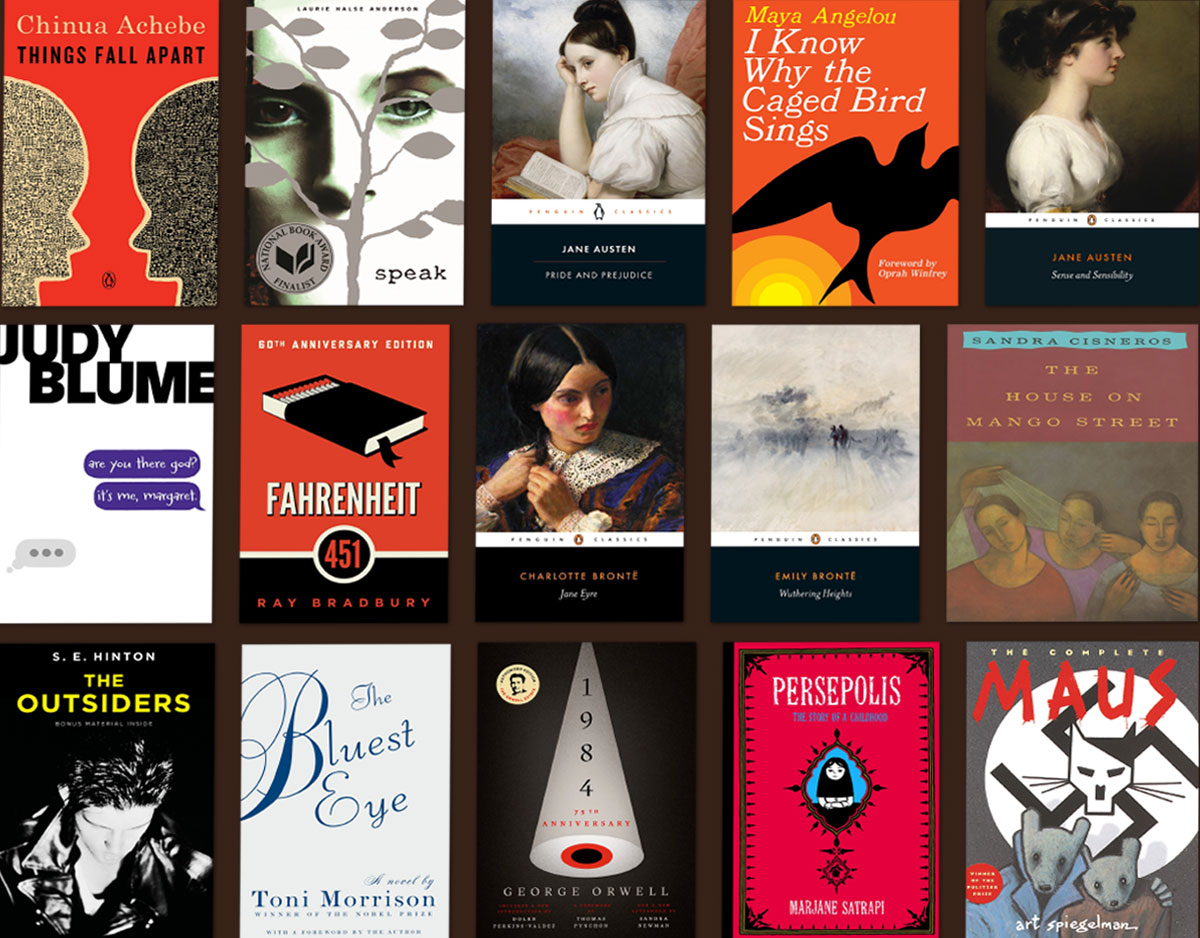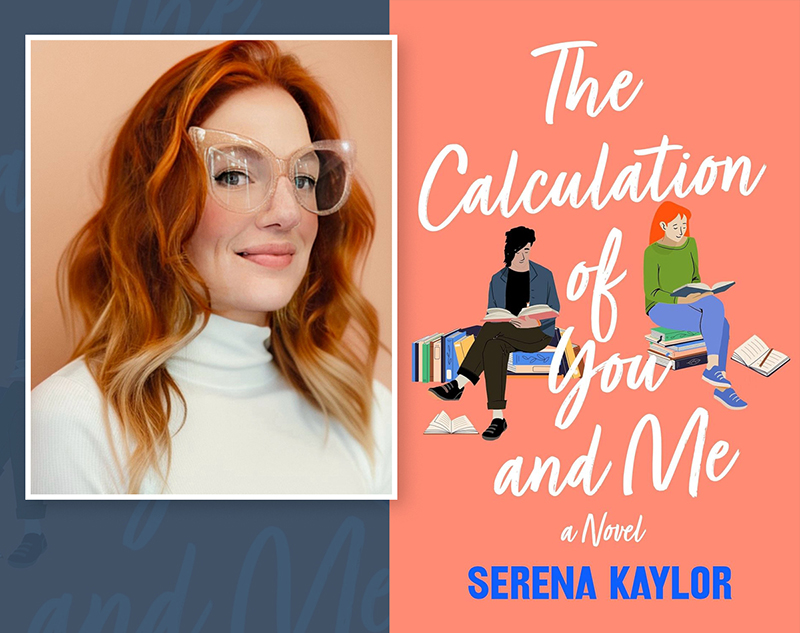SCROLL DOWN TO READ THE POST
Retold Epics, Part 2: Bull
 Full disclosure: Yvain and Bull were meant to be one post, only then Sarah had a LOT to say about Yvain, which meant it got its own post, leaving poor Bull all alone. Like Yvain, it’s a retelling that plays with form. Unlike Yvain, it’s a straight up critical darling — 5 stars! Sarah argues that Yvain should be a contender. Should Bull?
Full disclosure: Yvain and Bull were meant to be one post, only then Sarah had a LOT to say about Yvain, which meant it got its own post, leaving poor Bull all alone. Like Yvain, it’s a retelling that plays with form. Unlike Yvain, it’s a straight up critical darling — 5 stars! Sarah argues that Yvain should be a contender. Should Bull?
Bull, David Elliott
Houghton Mifflin Harcourt, March 2017
Reviewed from final copy
Bull is, as the title might have given away, a retelling of the Theseus and the Minotaur (and Ariadne and Pasiphaë) stories. Here, the focus is mostly on Poseidon and the hero is more tragic Asterion, the titular bull, than Theseus, who is smug and self-satisfied. The narrative is told through first person poems in a variety of forms, which feels ironically refreshing, since the original would also have been in a poetic form.
ADVERTISEMENT
ADVERTISEMENT
Let’s tackle the poetry first. It’s good. I didn’t recognize all the forms right off, but I recognized that there were forms, and that each voice was distinct for reasons of form as much as tone and language. The afterword (which is a lovely piece of backmatter) details all the forms as well as why each form was chosen for each character. Elliott is charmingly open about the lack of careful consideration he gave the forms; he talks about impulse, and then about how the forms shaped the text. I am so fascinated by this that I want to teach an entire unit on poetic voice and constraint as a means for developing voice. Elliott isn’t a superlative poet the way, say, Marilyn Nelson is. (No surprise, then, that the strongest voice is free verse Poseidon, modern and zippy and sort of a terrible entity, but also very compelling.) Regardless, Elliott uses poetic forms effectively and creates something that reads quickly and manages to pack in more than you might expect from the word count, which is something good poetry should always do. There’s not a lot of poetry out this year, so the competition is light — but even if that weren’t the case, Bull would be able to hold its own on those merits, and the distinct voices are outstandingly individual in ways that make the five stars eminently understandable.
Also, can we talk about the appeal factor? A retelling, in poetry, of a Greek myth that opens “Book 1” with “Whaddup, bitches?” It’s genius. It throws the reader off kilter, tells you that this a retelling that’s doing something different. And while it really doesn’t do all that much to reinterpret the story (more on this below), it does do a lot — especially through Poseidon — to make the thematic elements feel now and bring this old story into a space that will strike readers, particularly teens, and make them feel engaged with the narrative.
And it’s SHORT. It took me 35 minutes to read this, and I know I’m fast, but a few hours, tops, for the average reader should be plenty of time. It’s a rare book that is likely to be discussed as a Quick Pick and a BFYA contender (even if those lists and committees look a different this year, the categories remain relevant) AND a Printz contender, but this book hits that sweet spot. The last book I can think of that balanced on that knife edge was The First Part Last, and that one did ok.*
Now, the story itself.
There’s some reimagining happening just by virtue of giving voice to the often voiceless: Ariadne, Pasiphaë, the minotaur (everyone who isn’t white and male, basically). And some of that voicing is brilliant and fresh: Asterion is tragic and thoughtful, and can stand in as a metaphor for anyone who has been othered or cast out. He’s a powerful voice, but Poseidon is so loud, both in style and in word count, that Asterion fades a little in comparison. The pathos of the story might be more palpable with more Asterion; more Poseidon keeps the story moving, but at the expense of emotional buildup. Ariadne is a spoiled teen who means well until she falls in love, and in the end she’s not in any way new, which is sadly reductive for such a pivotal character. Pasiphaë’s descent into madness is beautifully delineated in her verse, which falls further and further away from form as she herself falls into insanity, but she isn’t much beyond some god-induced lust and a lot of impressive poetry. I found myself longing for some deeper changes — I wanted more depth and nuance all around, but only Asterion and Poseidon get that. This dips into the waters of making the story much bigger than the plot, but ultimately shies away from that and instead focuses on voice and form to reinvent the old. This isn’t a flaw, per se, more of a sense that this could have been even better that may leave readers feeling vaguely unsatisfied, or as if it was too slight of a read.
Overall, the plot and major characteristics of most of the characters ring true to what you’d expect, with everything tweaked to be a little bigger than the standard Edith Hamilton or Geraldine McCaughrean versions — Theseus, for example, has only two poems but Elliott does so much with them that it amounts to a full portrait. This, more than the retelling aspects, is what makes Bull pretty outstanding. And don’t forget the design; Asterion’s poems are always on gray, and later black, paper while everyone else is on traditional white paper. This underscores his ousting from family and society, his pain, and the ways in which he is shut in the darkness even before the literal darkness of the Labyrinth.
In the end, I’m on the fence. The more I dissect this, the better it gets, but I can’t summon the passion I feel about several other books this year, which I think is a function of the writing, primarily the choice to give the most voice to the entertaining but unlikable Poseidon. This wouldn’t be my nomination — but I’m close enough to supporting this that it might not be hard to convince me to cast a vote when voting time came around. Anyone want to make a case for this as a top five for this year and start trying to bring me around right now?
*By ok, I mean the CSK and Printz awards, Quick Picks Top Ten, and Best Books, plus nearly 20 various state award lists.
Filed under: Books to look for, Contenders, Fiction
About Karyn Silverman
Karyn Silverman is the High School Librarian and Educational Technology Department Chair at LREI, Little Red School House & Elisabeth Irwin High School (say that ten times fast!). Karyn has served on YALSA’s Quick Picks and Best Books committees and was a member of the 2009 Printz committee. She has reviewed for Kirkus and School Library Journal. She has a lot of opinions about almost everything, as long as all the things are books. Said opinions do not reflect the attitudes or opinions of SLJ, LREI, YALSA or any other institutions with which she is affiliated. Find her on Twitter @InfoWitch or e-mail her at karynsilverman at gmail dot com.
ADVERTISEMENT
SLJ Blog Network
Newbery/Caldecott 2025: Spring Check-In
Ellen Myrick Publisher Preview: Spring 2024 – Cicada, Creston, Diamond, and Eye of Newt
Number Call | Review
It’s Time for More Mock Newbery Suggestions
How Can We Make Writing More Cool in School? A guest post by author Polly Holyoke
The Classroom Bookshelf is Moving
ADVERTISEMENT
ADVERTISEMENT







